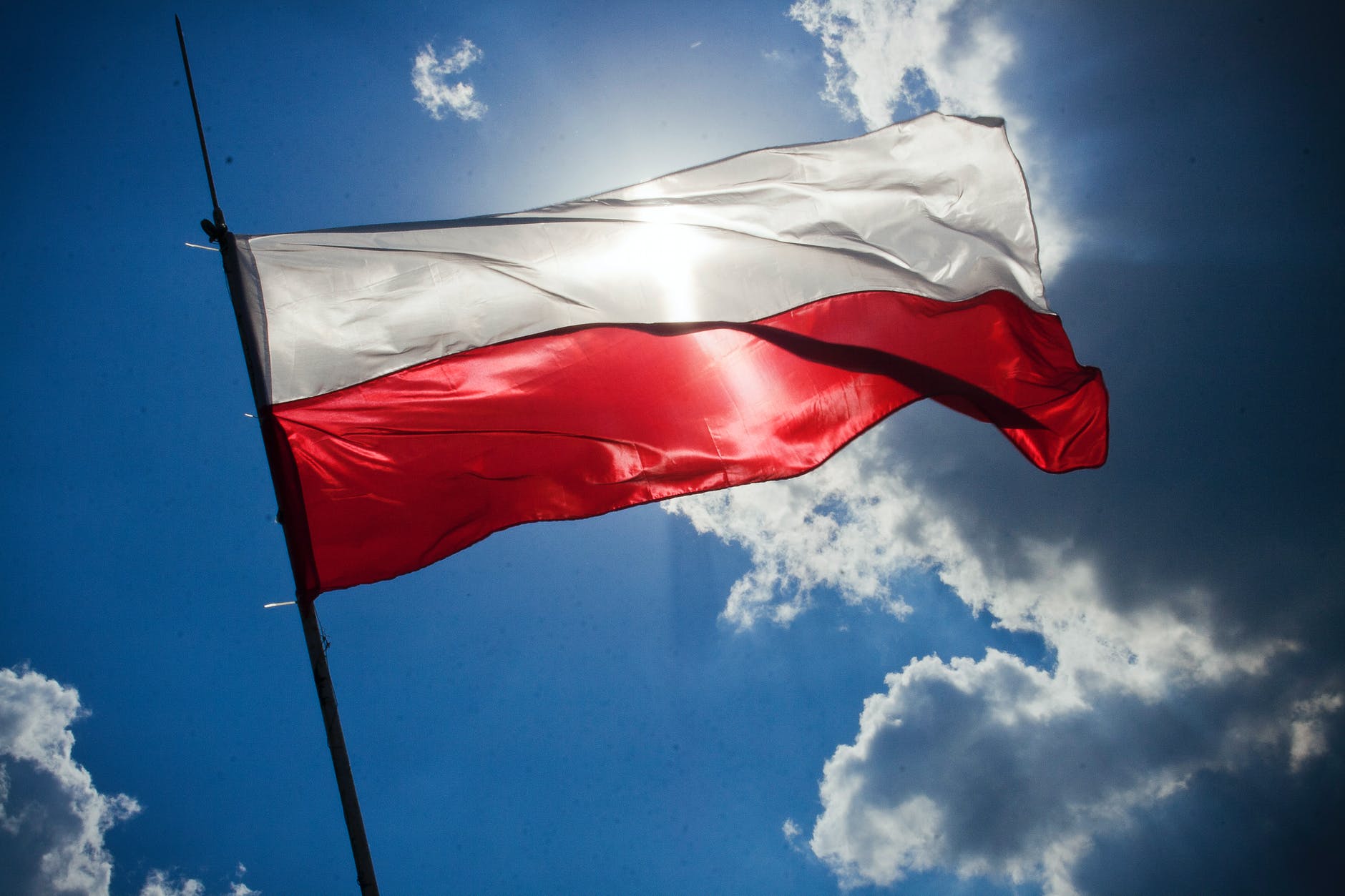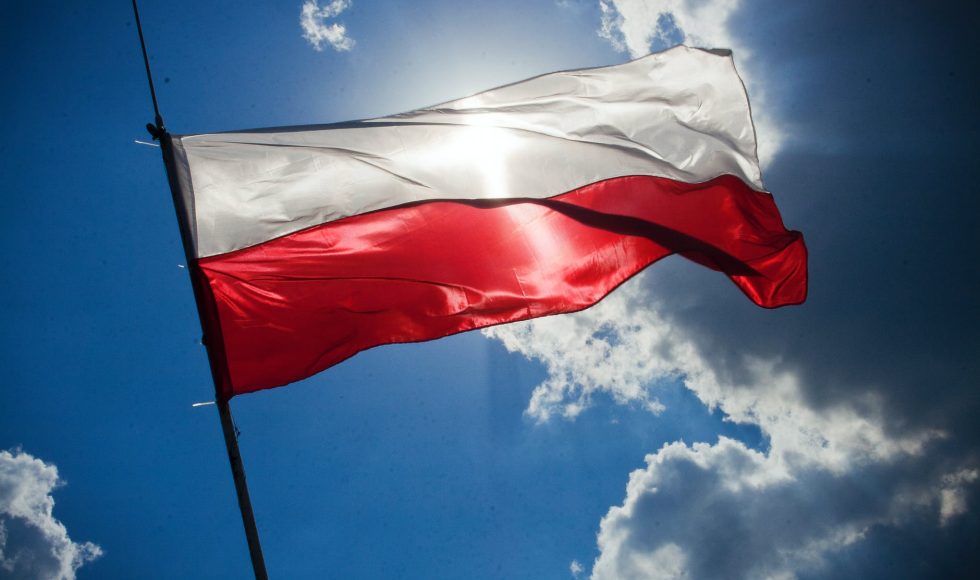Tomorrow is the first day of classes, and we spent most of the day preparing for courses. Tonight, I watched the ten-minute Open Ed 2021 session entitled “EduCoop – Online Course About Co-Creation Open Education Resources” and presented by Aleksandra Czetwertyńska, team leader of the Centrum Cyfowe. Czetwertyńska spoke about their project EduCoop that is an educational cooperative. They work with education and talk about technology for improving society and “green education.” Their “edustory” began four years ago when they started their educational cooperative in Poland. Czetwertyńska mentioned that in Poland their is an educational exception in copyright law. They can use resources for educational purposes without fees. However, in mathematics better open educational resources are needed. Czetwertyńska spoke about talking to teachers about new methods, tools, and ways of using and sharing materials. The four years, Czetwertyńska described as an adventure because they tried different ways of approaching open educational resources. They teach instructors about openness and using public educational resources. Their process always starts with research and then they think about the main topic they want to use. Next, they set up workshops with teachers. After the workshops, they create teacher networks and OER with the help of librarians. The EduCoop process also has an online version of the workshops: participants create their OER and have mentors. The EduCoop has also conducted research in seven countries. The course is available online: https://spoledkurs-en.github.io/ and it is a work in progress as it is updated and improved through feedback. I learned about the educational copyright exception in Poland and how the EduCoop approached the training of teachers and sharing of OER. This information is useful as we start cohort 2 of RLOE in a couple of weeks!
The second session I watched was one on a topic I’ve learned a little about: open access resources for college nursing. The session entitled “Open Access Resources for a College Nursing Chemistry Course” was presented by Vickie Geisler (University of West Georgia, UWG), Farooq Khan, Chamera Ivory, Anne Gaquere-Parker, Oliver Duah, and Douglas Stuart. Dr. Anne Gaquere-Parker began by talking about the UWG and the Chemistry 1151-52 for health-allied majors with 200 students a year. They wrote four grants ($15,000-$20,000) to support this project. The team adapted work from Openstax for this course. Chapters from Libretexts were reorganized and made available. They added solved problems and case studies, as well as renewable assessments in which students create questions and detailed answers for “a few bonus points.” They shared examples of solved problems they used and embedded them in online books. Oliver Duah created case studies. Chamera Ivory helped create guidelines for renewable assessments. Gaquere-Parker mentioned that the guidelines must be very detailed since the goal was for students to share detailed problems with corresponding explanations. Gaquere-Parker shared a wonderful quote from a student who expressed how useful the renewable assessment was in thinking about creating and solving problems from the beginning. Gaquere-Parker concluded by speaking about the opportunities and challenges of the collaborations that were created to design, create, and implement the open access resources the team developed. The work was supported by the Affordable Materials Grants Program that Rich has told me about. I love what this team did: they included Openstax and LibreText resources to not recreate textbook content and supplemented with more context-/course-appropriate case studies and solved problems. Then, the renewable assessments build on this and increase the number of solved problems students can learn from and use for brainstorming additional problems.



